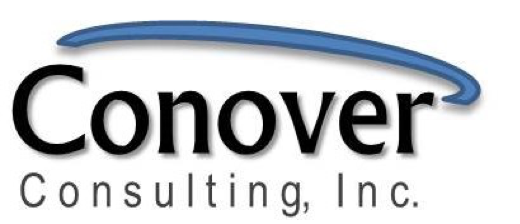6 Crucial Insights to Attract and Retain Millennial Workers
Have you heard the news? While we have been preoccupied in our daily lives, the workforce has experienced a major upheaval. In 2018, Millennials became the largest segment of American workers. Unsurprisingly, these individuals are changing the way companies do business. These transformations ― and the speed at which they occur ― is only expected to increase in the coming years. To compete, top executives must understand what this powerful demographic wants, how to deliver on their expectations, and why these changes can actually improve business outcomes.
"Millennial" is the nickname society placed on the generation of young men and women who came of age in the early 21st century. According to the Pew Research Center, it refers specifically to people born between 1981 and 1996, who are now 22 to 37 years old. This was the generation raised on the Internet, social media, and tribal politics. Millennials tend to be better educated, more culturally diverse, more urban, and more liberal than their counterparts. They're also the first generation expected to be financially worse off than their parents.
For years, Millennials were the butt of jokes, told mostly by Baby Boomers who found them to be entitled, self-absorbed, lazy, and superficial. This was supposedly the generation raised on participation trophies and videogames, who spent all their excess income on avocado toast. Certainly, there's no doubt that Millennials, as a group, are different than their earlier counterparts when it comes to workplace values and expectations. But while often mocked by employers, these values are not all that different from those espoused by the "Peace & Love" generation now being patronized with the increasingly popular put-down, "Okay, Boomer."
Earlier this year, the Gallup Organization performed a survey of professional Millennials to determine what they looked for and valued in a potential employer. It uncovered the following six findings crucial to companies seeking to acquire and retain key talent.
1. Millennials don't just work for a paycheck ― they want a purpose. Sure, Millennials like making money as much as anyone. But they also want work itself to possess meaning. Through their efforts, they wish to make the world a better place in a clear and demonstrable way.
2. Millennials are not pursuing job satisfaction ― they are pursing development.
This generation has taken the corporate buzzword "continuous improvement" to heart, making personal growth and skill development a priority.
3. Millennials don't want a boss ― they want a coach.
For Millennials, it's not enough for a supervisor to bark orders, set deadlines, and critique performance. They're looking for mentors who can help them acquire new skills, identify new professional opportunities, and who are interested in their employees' success as well as their own.
4. Millennials don't want annual reviews ― they want ongoing conversations.
This generation of workers seeks continuous feedback, not staid report cards focusing on events from months prior. Their desire for continuous improvement requires feedback to be continuous as well.
5. Millennials don't want to fix their weaknesses ― they want to play to their strengths.
Millennials aren't as interested in being solid, well-rounded employees when given the opportunity to be "superstars" in a particular area.
6. Millennials don't want a job ― they want a good job.
They want to look forward to work, to feel good about what they do, and yes, to feel like they're being fairly compensated for the contributions they make to their company's success.
As the above information demonstrates, Millennials possess qualities distinguishing them from past generations. To attract and keep this vibrant new generation, today’s companies would be well advised to not only generate a clear vision of what they do, but also why they do it.
Top organizations must also offer their employees opportunities for personal growth and development, both on and off the clock. These should be designed to reflect the company's own mission and values. For example, an architectural outfit could create a volunteer program supporting Habitat for Humanity, or an accounting firm could establish an income tax clinic for low-income households. Creating sabbatical programs allowing employees to take time off to pursue additional training is yet another way innovative companies could set themselves apart from their competition.
For more than a decade, I have helped companies of all sizes develop cultures to attract and retain top-level talent. If developing a culture to appeal to the Millennial generation is your priority, I'm ready to help. To learn more about how I do what I do and why, please read about me in Forbes or email me: laura@conoverconsulting.com. I look forward to helping you develop the kind of workplace that Millennials ― and the new crop of Post-Millennials ― will want to call home for years to come.
